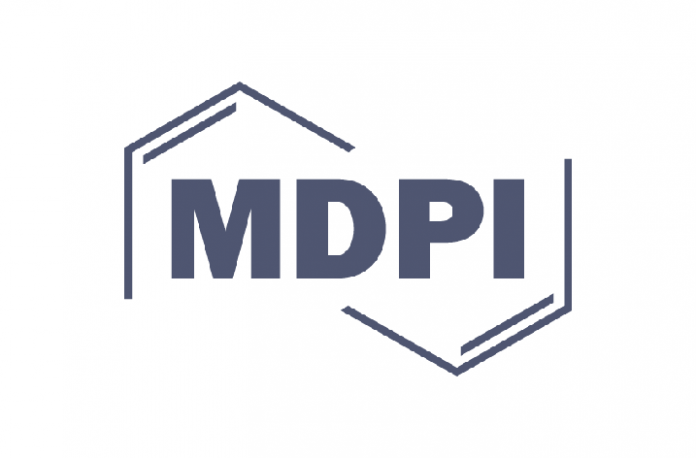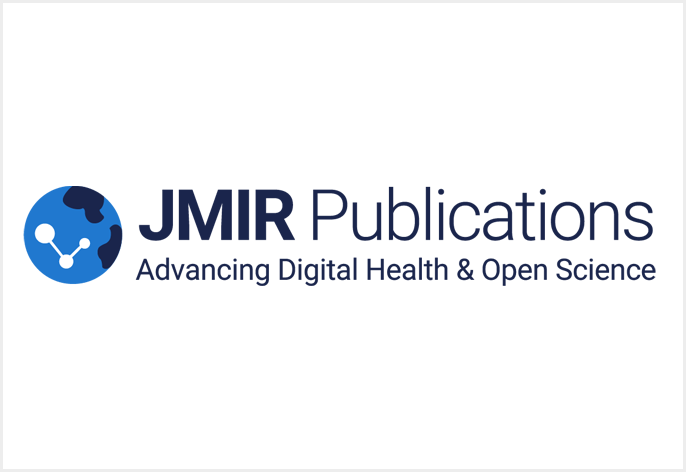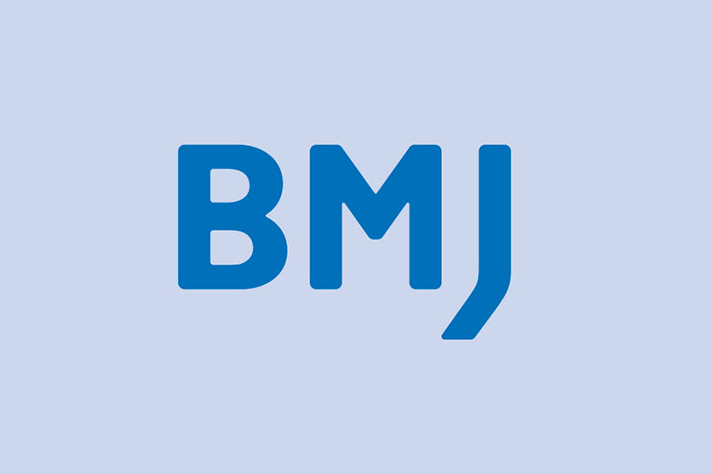ResearchGate, the professional network for researchers, and World Scientific Publishing, a leading international independent publisher of books and journals, today announced a new partnership to grow readership and authorship, as well as enhance engagement between readers and authors through the ResearchGate platform.
All new and archive content from nine World Scientific journals will be made accessible on ResearchGate, covering 32,000 full-text version of record articles. The journals, including both fully open access and hybrid titles, are International Journal of Modern Physics B, International Journal of Structural Stability and Dynamics, International Journal of Modern Physics A, Journal of Innovative Optical Health Sciences, Journal of Advanced Dielectrics, International Journal of Innovation Management, International Journal of Innovation and Technology Management, Journal of Information & Knowledge Management, International Journal of Bifurcation and Chaos. The initiative will drive increased usage and authorship by removing access barriers and enabling researchers to discover new, relevant content and journals within their network.
Authors of the articles included in this partnership will gain further benefits, with content automatically added to their publication pages on ResearchGate. This gives authors a unique opportunity to connect with their readers, as well as providing them with statistics showcasing the impact of their work.
“We are pleased to be working with ResearchGate to foster connections between our authors and readers, and to increase the visibility of our journals,” said Max Phua, Managing Director at World Scientific. “We see particular benefits for entitled users from the partnership, making it easier to access the full-text of content they subscribe to directly on ResearchGate.”
“We are thrilled to embark on this new partnership which aligns with World Scientific’s goal of disseminating research to as wide an audience as possible, said Sören Hofmayer, co-founder and Chief Strategy Officer at ResearchGate. “The ResearchGate community comprises some 25 million engaged researchers from diverse disciplines around the world. This collaboration will facilitate a new way to enhance the services for World Scientific authors, and improve the overall experience for readers.”
For more information about ResearchGate, please visit www.researchgate.net.
For more information about World Scientific, please visit www.worldscientific.com.



























